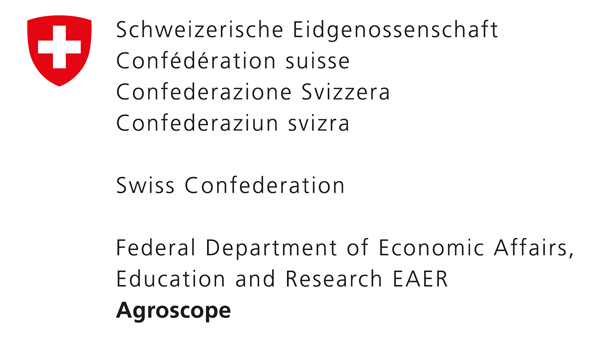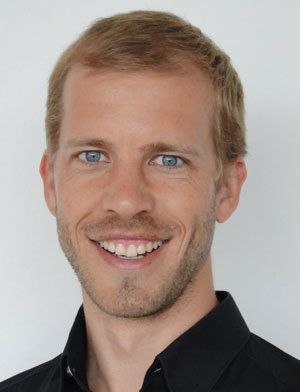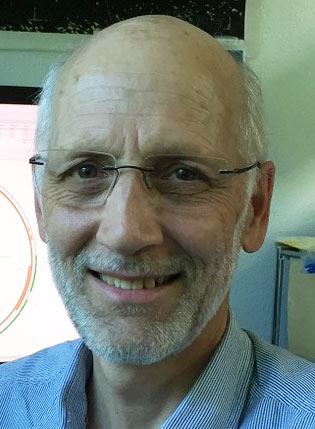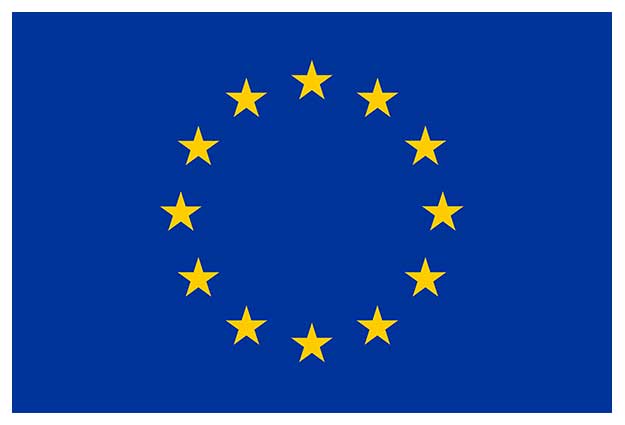Partner's general description and participants

Federal Department of Economic Affairs, Education and Research EAER - Agroscope
www.agroscope.admin.ch/agroscope/en/home.html
WBF belongs to the Swiss Federal Office for Agriculture and provides technical and scientific support for efficient, sustainable and competitive agricultural production systems. WBF Wädenswil is a research station that focuses on basic and applied research in plant science. This research includes field crops, viticulture, horticulture, herbs and berries. WBF has numerous collaborations with national and international partners and has professional experience in FP6 and FP7 EU-projects. WBF is well equipped with modern laboratories for molecular and ecological work on plant pathogens. The nematology team (part of Zoology) consists of 1 scientist and 2 technicians. The Molecular Diagnostics, Genomics and Bioinformatics group consists of 1 group leader, one scientist, two PhD students and two laboratory technicians.
Role and participation in the project
WBF will take part to all WPs, except WP2.
Participants
Paul DAHLIN
Dr Paul DAHLIN is responsible for the National Competence Centre for Nematology at Agroscope.
He worked on plant-parasitic nematode diagnostics and integrated management strategies at the GCREC University of Florida.
Paul has a PhD in Plant Physiology from Stockholm University, and before that, he started his career as agronomist with focus on plant production. Additional works and research stays led him to the Julius Kühn-Institut (Federal Research Institute for Cultivated Plants), the University of Hawai´i at Manoa, the Swedish University of Agricultural Sciences and the Royal Institute of Technology, where he developed his expertise on plant-parasitic nematodes, oomycetes and aphids, with emphasis in functional genomics, genetic and diagnostic research methods.
Paul speaks fluent German and English and understands Swedish.
Jürg E. FREY
Dr Jürg E. Frey is a specialist in molecular diagnostics and has 25 years of experience in developing reliable molecular methods for the identification of pests and diseases (viruses, bacteria, fungi, nematodes, arthropods, plants) with a focus on quarantine organisms. He was proposer and chairman of COST Action 853 « Agricultural Biomarkers for Array Technology » and participated in several COST Actions (e.g., 864, 872) and FP6 and FP7 project such as QBOL and Q-Detect. He also acquired several grants from the Swiss National Science Foundation SNF, the Federal Office for the Environment FOEN, the Federal Office for Agriculture FOAG, COST Switzerland the Spiez Laboratory and armasuisse.



